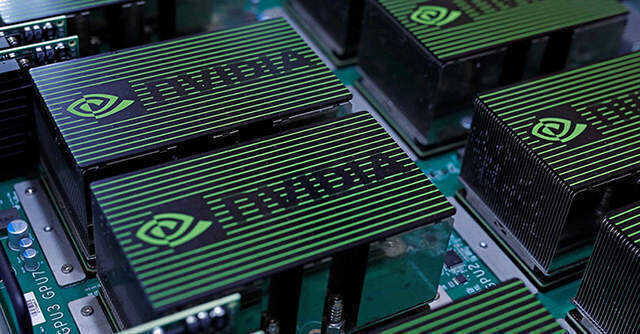
Nvidia claims it can use Deep Learning to enhance images for 7-year-old games


Chipmaker Nvidia is updating one of its key technologies to enhance how older games look on new PCs. The company’s Deep Learning Super Sampling (DLSS) technology boosts a game’s frame rates using artificial intelligence (AI) and deep learning to smooth the image quality for older PC games, which weren’t designed for newer displays and processors.
Now, Nvidia says it’s enhancing this technology and calling it Deep Learning Anti-Aliasing (DLAA). Anti Aliasing is a technique used to smooth the corners of objects in a game. At high frame rates, 3D objects in older games often have jagged stair-like edges, which affects the overall quality of the game. DLAA can be used to avoid such problems, according to Nvidia.
“Many gamers want higher frame rates. But others have plenty of FPS and instead want to maximize image quality. NVIDIA DLAA (Deep Learning Anti-Aliasing) is a new AI-based anti-aliasing mode for users who have spare GPU headroom and want higher levels of image quality,” the company said in a blog post.

According to Nvidia, DLAA uses the same technology as DLSS but instead of boosting performance, it enhances images. The AI algorithms render the game at 1080p resolution and then upscale the images to 1440p and 4K resolutions, which allows them to run at higher frame rates without compromising image quality.
DLAA is being implemented in Bethesda Studios-owned Elder Scrolls Online, a game that first launched in 2014. The company is inviting users to try the feature and provide feedback through its Driver Feedback Forums.
To be sure, anti-aliasing isn’t a new technology for games so to speak. What DLAA is promising though is something that wasn’t possible earlier. As technology progresses, older games become irrelevant. Often, because of the graphical capabilities they were built for. For instance, does anyone play Prince of Persia: Sands of Time anymore? Nvidia’s technology, if successful, could allow games to remain relevant over longer periods of time.

